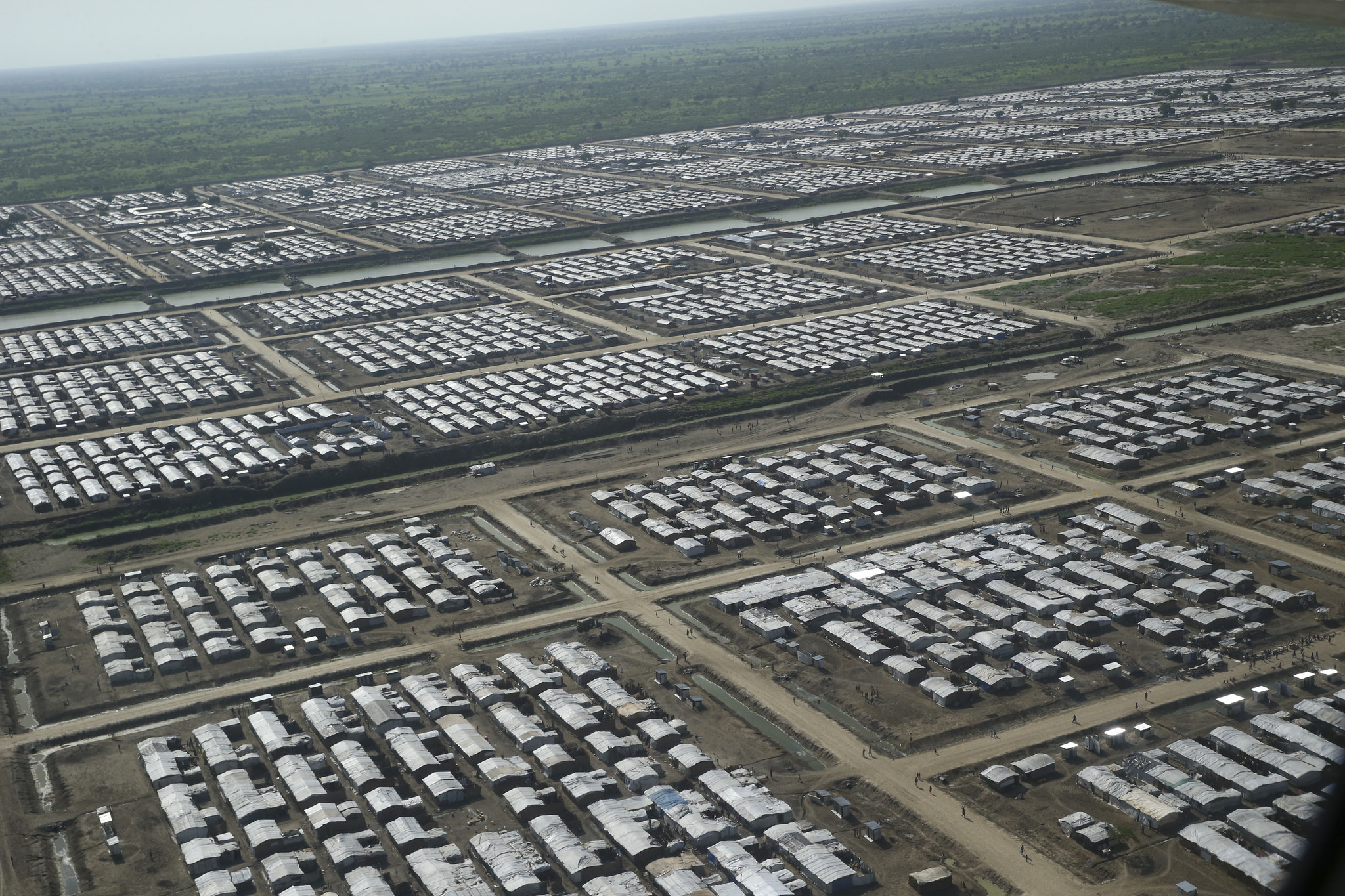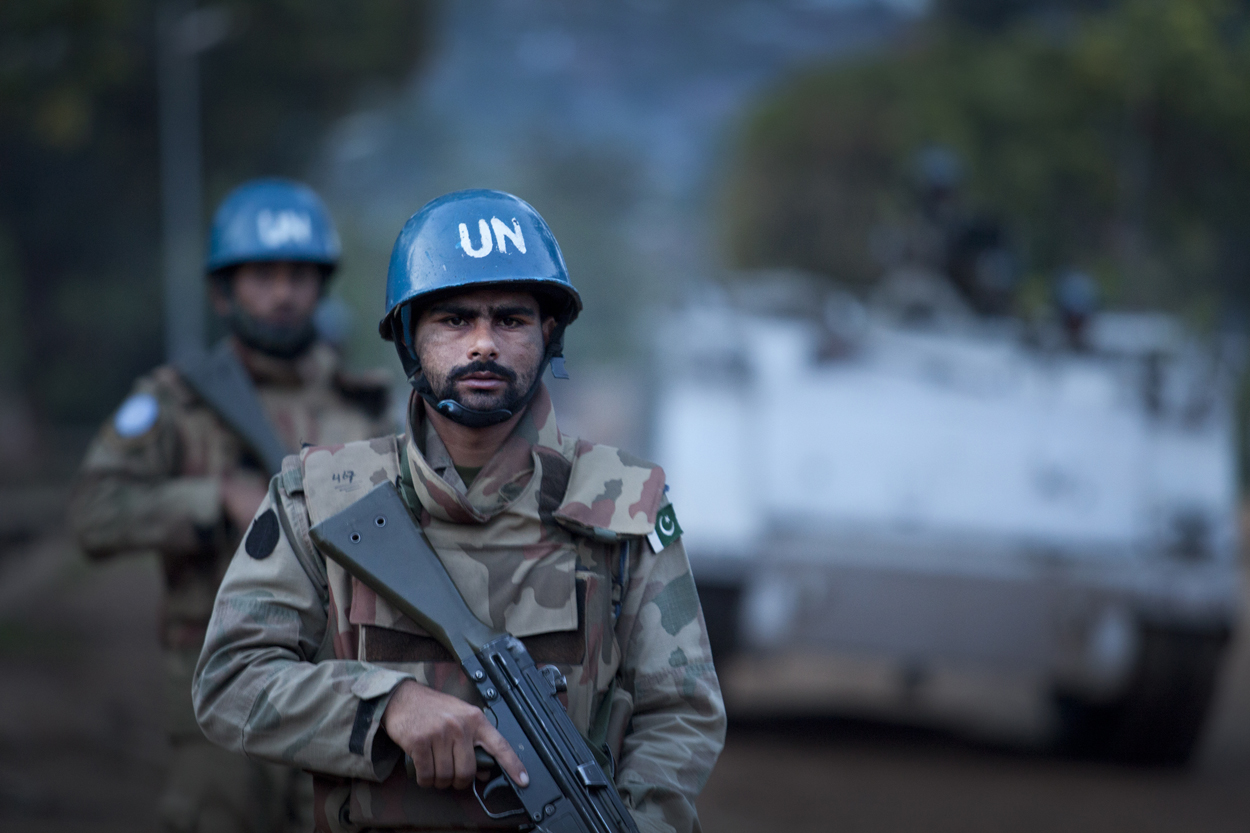Is the COVID-19 pandemic—and all the economic, social, and political repercussions it brings—comparable to any other time or event in history? Or does nothing else come close, and comparisons are irrelevant, unhelpful, even dangerous? Political Violence @ A Glance permanent contributors weigh in.
Erica Chenoweth
The global crisis we’re in right now is unparalleled because it involves numerous overlapping crises—in public health, global and domestic governance, and the global economy—which are combining to create a perfect storm. But it’s hard to ignore some important parallels between the current crisis and the multiple overlapping crises of the interwar period (1919-1939). As World War I ended, the victorious powers emerged on an optimistic note, with Woodrow Wilson claiming that the war was one to end all wars, attempting to build a global peacemaking infrastructure (the ill-fated League of Nations), and issuing proclamations about the need for people to determine their own political and economic futures. The reality, of course, was that the war ended with a lopsided and unsustainable peace treaty. The war’s end also coincided with the Spanish influenza pandemic. The fact that the world was emerging from the deadliest and most industrialized war it had ever experienced contributed to the flu’s spread and drained resources with which to combat the virus.
As we all know, World War I was not the war to end all wars. The interwar period was one of extreme economic hardship, domestic unrest and revolution, deep polarization between right and left parties within and across nation-states, and a rise in authoritarianism, right-wing populism, and fascism. Fights between right and left broke out in legislative chambers—and in the streets—collapsing government after government. Over the next few years, Congress also adopted neo-mercantilist, beggar-thy-neighbor economic postures, while also trying to eschew the role of lender of last resort to allies in dire economic straits. Very little coordination occurred across states attempting to manage the fallout of the Great Depression. Fascists exploited the instability and uncertainty with promises to renew the greatness of their nations, restore stability, and subdue and marginalize opponents of the ascendant order. They rose to power in numerous countries. Tellingly, the world was also in the midst of a global power shift—moving from a system in which Great Britain had leveraged its economic, political, and military might to enforce a global order, to a system in which the US was an emerging superpower, reluctant to embrace its role.
The US Senate defeated measures to ratify the League of Nations largely on the basis of their view that the US should have total autonomy over its foreign affairs. As autocrats began testing the new League of Nations system—think Imperial Japan’s invasion of Manchuria in 1931, and Mussolini’s use of chemical weapons against Assyrians during Italy’s conquest there—the League of Nations system proved weak and ineffective. This reality emboldened revisionist powers like Nazi Germany to build their capacities for conquest unchecked, all while claiming to be the true victims of a failed global order that failed to respect their greatness.
My historian colleagues would be quick to remind us that invoking superficial historical analogies to compare to the current era is as unproductive as it is tempting. We know that history does not repeat itself. But it does rhyme.
Kathleen Gallagher Cunningham
The COVID-19 pandemic does appear to be unique in the simultaneity of global outbreak and response. Shutting down societies and economies around the world, and what will likely be varying timelines and strategies for reopening them, sends iterated shock waves around the globe. Although the world has faced catastrophic disease outbreaks (such as Ebola) and many instances of intensely violent conflict, the interplay of COVID-19 events across so many locations is novel. It presents an opportunity for global and regional coordination, although it is unclear where and how that will be successfully enacted.
In other ways, the impact of COVID-19 works like other crises and social stressors in that it highlights inequalities and societal strife and, at least in the United States, it has been politicized across party lines. The high rate of death for African Americans is not a unique COVID-19 problem, but the disease has spotlighted the extent to which this community has adverse health outcomes more generally. As my own children engage in online learning, I think often about the education gap currently growing between children with a high level of at-home support and those without. This is already a known problem, but COVID-19 will exacerbate it.
Peter Krause
One of the positive impacts of crises is the amazing concentration of brainpower they generate to fix the problem. In the decade after 9/11, the number of American students studying Arabic quadrupled. The number of scholars focused on Middle East politics and political violence surged. This blog and many of its contributors no doubt had their research agendas affected by the deadliest terrorist attack in history. When you look at the quantity and quality of scholarship on Middle East politics and non-state political violence before and after 9/11, there is simply no comparison. Both of these fields have grown by leaps and bounds in sophistication and in the generation of knowledge since that terrible day.
But greater scholarly understanding of the causes of political violence, and of the internal politics of a geographic region, has not solved the problems that generated the crisis in the first place. 9/11 also generated a wave of shallow punditry and costly wars whose impact on the people of the Middle East, the threat of terrorism, and the reputation of the United States is problematic at best and disastrous at worst. So I am encouraged by the incredible focus of the medical and public health communities on solving the enormous challenges caused by COVID-19. And I am encouraged by how many of my students are writing papers on the crisis, considering adding a public health major or minor, and rethinking their career paths to fight this pandemic and prevent others in the future. But I am also deeply concerned that—as with 9/11—domestic and international politics may squander some of the breakthroughs in understanding that are sure to come. Figuring out how best to translate new knowledge into effective action is as important in crises as is the generation of knowledge itself.
Brian Phillips
My parents sometimes attributed their parents’ behavior to having lived through the Great Depression. “They’re very careful with money because of how they grew up.” “They never let anything go to waste because of what they’ve lived through.” “Some of them don’t fully trust banks (or some other institutions) because of what happened.”
The longer that COVID-19 is a threat—until there a vaccine or some comparable mitigation strategy—the more I wonder if this will be a phenomenon on par with the Depression, affecting people’s behavior for life. The lockdowns are so unusual, affecting virtually every aspect of living. And then there are the economic effects, which are only beginning. Maybe the lockdowns won’t last so long, and then society and the economy will bounce right back. I hope so, but it’s not clear that that will happen.
Michael Weintraub
As the adage goes, “every analogy limps.” While the particulars of the COVID-19 pandemic may differ from past shocks to the international system, careful, structured comparisons can illuminate common features that might orient us as we make sense of the multiple effects of this pandemic. What unites these shocks? Moments of uncertainty—wars, market crashes, or massive public health crises—open up opportunities for political entrepreneurs to either reinforce old arguments about the failure of the status quo, elevating them to the rank of soothsayer, or to make bold new claims about how change is necessary and how it might be accomplished. New leaders may also emerge to displace those who presided over policy failures.
Crises likely shorten time horizons, making states and individuals more myopic, which could threaten common goals in the medium or long term. The pandemic may restructure our preferences altogether, particularly regarding our willingness to make costly trade-offs (e.g., trading our civil liberties for safety and health) that could then produce policy lock-in, keeping in place a set of policies (e.g., surveillance of citizens, an increased role for the military) even after the crisis fades. These appear to be patterns common to paradigm-shifting events.
Another feature of the pandemic is the sheer fluidity of the moment, producing significant uncertainty at multiple levels. Is the uncertainty that COVID-19 has unleashed comparable to the uncertainty felt just prior to World War I, for example? For most citizens of the world, COVID-19 poses a far more direct threat to their physical and economic well-being than that watershed event, and the fact that we have no clearly identified enemy whose motives we can discern, probably only increases that uncertainty. I’m no historian, though, so I’ll leave the more careful, structured comparisons to the experts.
JOE YOUNG
I think one can either compare this pandemic to previous pandemics or to previous events more generally that had global effects. In terms of comparing it to other pandemics, the so-called Spanish Flu is a reasonable comparison. That crisis killed hundreds of millions of people worldwide (including one of my great-grandparents) and led to massive changes in how we manage pandemics. I would expect this pandemic to have similar lasting public health effects, maybe (or maybe not) to the same degree. The AIDS crisis in the 1980s drastically changed people’s behaviors. So too will this pandemic.
The political impact of this event might be a deepening democratic crisis, similar to the years between World War I and World War II. From the US to Hungary to Brazil, we are electing leaders with authoritarian leanings who are eroding democratic norms and institutions. I am loathe to compare anyone to Hitler, but I think the world is filled with a bunch of little Francos and Mussolinis, willing to bolster their own power while eroding the protections of the most vulnerable in society.
Thomas Zeitzoff
The closest modern comparison I can think of to what’s going on is the Interwar period following the Great Depression (1929-1939). In both instances, a massive global shock had huge economic and political effects. I’m not only the one to have also made this link. During the Interwar period, the economic pain from the Great Depression led to tariffs, heightened nationalism, and the growth of fascism. In 1920, 24 countries in Europe could be considered democracies. On the eve of World War II, only 11 could. Governments responded to the economic crises with increased barriers to trade and movement. Since the outbreak of COVID-19, we’ve seen countries fighting over medical supplies, closing their borders to “non-essential travel,” and ethnic hatred within countries. Viktor Orban in Hungary has used the emergency to effectively kill the last vestiges of democracy in his country. Other leaders will likely take similar steps.
What’s unique about the current crisis is that this period of economic hibernation is a choice made by governments. The unprecedented reduction of travel between and within countries is being done to prevent the virus from overwhelming health systems. The key question is: what happens going forward? That depends on how long the economic pain lasts. If antivirals work better than anticipated, and vaccines come on line faster, then the recession might be “V-shaped” and not as dramatic. But if the economic pain lingers for over a year, and we enter a serious depression, then I think we will start seeing some really nasty things develop. When you have 20-30 percent unemployment, citizens are going to be looking to change leaders, and leaders are going to be willing to do a lot more to try to maintain power—blame minority groups, increase repression, even start wars to divert attention.
One thing I am certain of is that new political ideologies will emerge. Crises cause people to second guess the current political consensus. Political ideologies identify what the current problems are, who is to blame for them, and what is to be done. The recent wave of populism accelerated following the financial crisis of 2008-2009. People were pissed off at a ruling elite they thought was out of touch and caused the financial crisis. How exactly this process plays out following COVID-19, I’m not sure. Will we see people demand more technocratic governance? Demand governments do more to guarantee job security like universal basic income? We’re already seeing that people might be more willing to allow companies and governments to track them and invade their privacy in ways that wouldn’t have been imaginable pre-COVID-19, in exchange for perceived safety. This all depends upon how long the health and economic pain of the pandemic last—so we just don’t know. But whatever happens, the policies and ideologies people support will be fundamentally changed.





